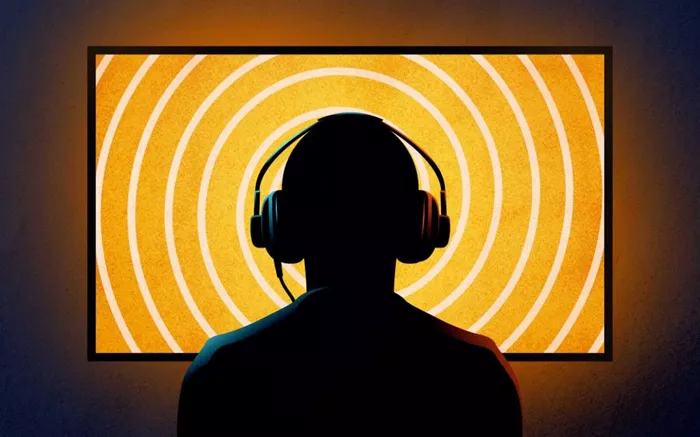A recent Gallup survey revealed a troubling statistic: 1 in 4 young American men between the ages of 15 and 35 said they felt lonely “a lot” the previous day. That’s significantly higher than the 18% of young women who reported the same.
The data, collected across 2023 and 2024, also showed that young American men experience loneliness more frequently than their counterparts in 38 other democratic, high-income nations—including the UK, France, and Australia—where the average rate among men is just 15%.
Another recent survey by the Pew Research Center painted a slightly different picture, showing similar loneliness levels among both genders, with 16% of Americans overall feeling lonely or isolated much of the time.
Still, experts say the message is clear: loneliness among young people is growing fast.
Young People—and Especially Men—Are Feeling More Alone
University of Virginia psychology professor Joseph Allen sees the shift clearly.
“Young people are very lonely,” Allen said. “We’ve seen levels of loneliness skyrocket over the last 15 years, especially since COVID.”
He points to one major reason: people are spending less time together face-to-face.
“The impact of social media on young people is still being debated,” Allen said. “But what we know for sure is that they’re interacting in person much less than before.”
Why Men May Be Feeling It More
Allen wasn’t surprised that young men reported more loneliness than young women in some studies.
“Men often have smaller and weaker social networks than women,” he said. “And the 25% figure is probably lower than the actual number. Admitting loneliness is difficult, especially for males. It’s a vulnerable thing to do.”
This reluctance to speak up is tied to outdated ideas about masculinity, Allen added. The pressure to appear tough and unemotional can stop young men from opening up, even with close friends.
“One of the strongest ways people connect is by sharing their doubts and insecurities,” Allen explained. “But if a guy feels like he always has to say, ‘I’m doing fine,’ it can be incredibly isolating. It keeps him from showing who he really is.”
Loneliness Can Harm Your Health
Allen warns that loneliness isn’t just an emotional issue—it’s a health risk.
“Social isolation is not only bad for your mental health,” he said, “but also for your physical health. It can increase your risk of dying early more than smoking or heavy drinking.”
A Program That’s Helping: Hoos Connected
In 2018, Allen and his team at UVA’s Adolescence Research Lab launched Hoos Connected, a program designed to help new college students build deeper relationships.
In weekly sessions, small groups of students meet with trained older peers to talk, connect, and reflect. The goal is simple: help students find common ground and make real connections.
Since it began in 2019, Hoos Connected has been offered as a one-credit, pass/fail course for first-year, second-year, and transfer students. Its success has led to its expansion to other schools, including Virginia Tech, Georgetown University, and Penn State.
Allen said students often describe it as one of the most meaningful parts of their time at UVA.
One Student’s Experience
Sean Goodheart, who graduated from UVA in May, said he understands the numbers from the Gallup survey because he’s lived them.
“I’ve felt lonely too,” he said. “There’s this idea out there—especially among guys—that if you show emotions, you’re weak. So you start hiding your feelings. And it can turn you into someone who feels like a robot.”
Goodheart joined Hoos Connected in his first year and later trained as a facilitator. He said it helped him connect in ways he didn’t expect.
“People in my group came from totally different backgrounds,” he said. “They probably wouldn’t have become friends otherwise. But the program gives you a space to share and listen—and that really matters.”
Now, Goodheart believes all first-year and transfer students should take the course. “There’s no downside,” he said. “Come with an open mind. And smile at someone. Especially during a session.”
Conclusion
Loneliness is a growing problem, especially among young men. But programs like Hoos Connected show there are ways to build stronger, healthier communities—one conversation at a time.
As Professor Allen puts it, “It’s not weakness to talk. It’s human.”


